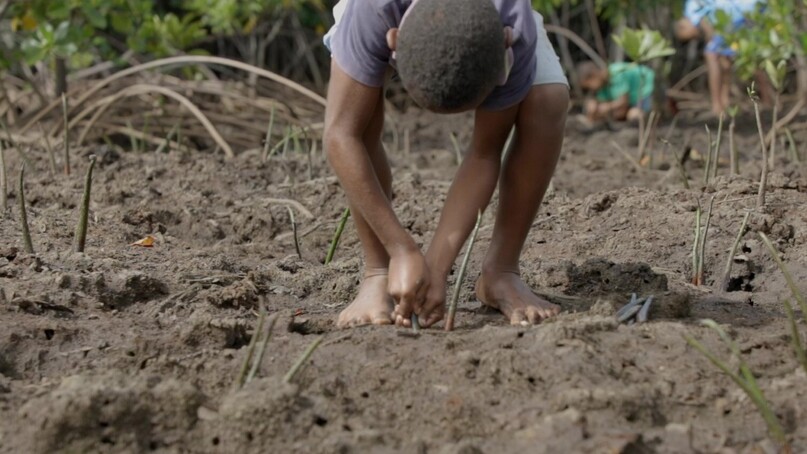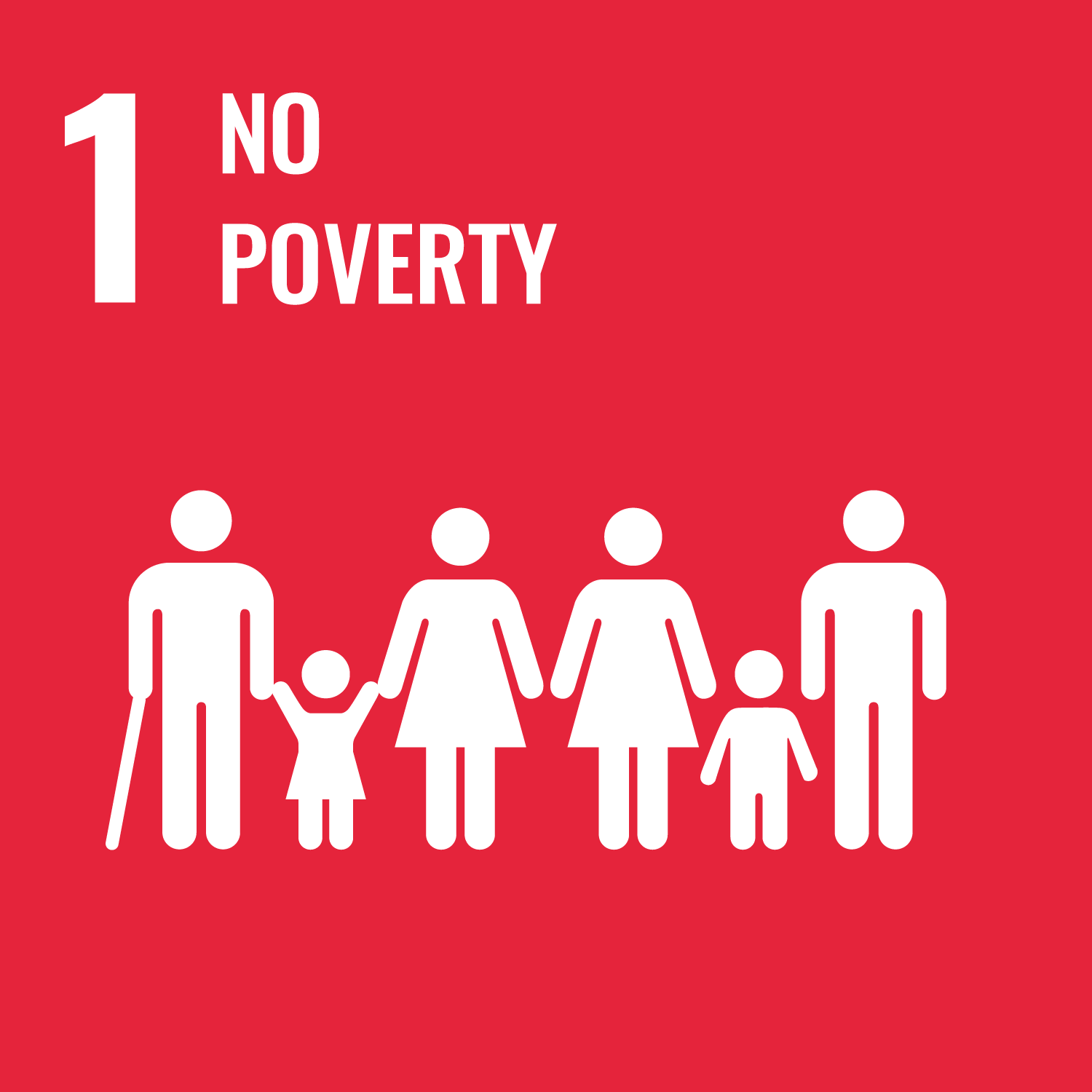ITTO backs call to “restore the planet” in support of Mother Earth
22 April 2024

A child plants a mangrove propagule on the foreshore near his village in Fiji’s Rewa Delta as part of an ITTO-funded restoration project. Photo: Fiji’s Ministry of Forestry
22 April 2024: Forest landscape restoration is essential for ensuring that tropical forests can perform their crucial planetary roles, said ITTO Executive Director Sheam Satkuru to mark International Mother Earth Day, which celebrates the concept of Mother Earth and the interdependence that exists among human beings, other living species and the planet.
“This year’s theme, Restoration of the Planet, resonates very well with ITTO’s work,” said Ms Satkuru. “There is an urgency to restore degraded tropical forests to enable the continued provision of globally important ecosystem services, ensure forest resources for the future, and boost the livelihoods of local people. ITTO recognizes the need to accelerate efforts to restore and sustainably manage these forests amidst escalating environmental degradation. Promoting the conservation, restoration and sustainable use of tropical forests is not just an ITTO mission—it’s a global imperative for the restoration of our planet.”
Forest landscape restoration is a pivotal approach to the rejuvenation of degraded forest landscapes. It aims to both restore ecological integrity and enhance productivity and economic value in ways that benefit local communities. ITTO’s Guidelines for Forest Landscape Restoration in the Tropics, published in 2020, provide stakeholders with practical tools for creating and nurturing healthy, productive and resilient landscapes, illustrated with 18 case studies.
ITTO-funded projects are piloting forest landscape restoration and testing the guidelines in the field.
In Fiji, for example, a project completed in December 2022 empowered local communities to restore mangroves and wetlands in the Rewa Delta, fostering sustainable coastal management. Through the establishment of demonstration sites and collaboration with stakeholders, the project rehabilitated a vital ecosystem and promoted community engagement and awareness. A follow-up project is now helping sustain restoration efforts in cyclone-affected coastal forests in Fiji.
In Côte d’Ivoire, an ITTO-funded project is focusing on the conservation of the African barwood tree in the gazetted forests of La Palee and Boundiali. Through assisted propagation and awareness-raising activities, the project is enhancing the safeguarding of this valuable species while also boosting local livelihoods. In Peru, another ITTO-funded project is disseminating knowledge for the ex-situ conservation of mahogany on the northern coast, brightening prospects for restoration and sustainable forest management.
A recent review of ITTO projects by the United Nations University provided valuable lessons for making forest landscape restoration more effective in improving ecosystems and livelihoods and increasing resilience to climate change. These lessons will be incorporated in the design of future restoration projects.
“Our work is about nurturing resilience and prosperity for both ecosystems and communities, including through sustainable use,” said Ms Satkuru. “On this International Mother Earth Day, let’s reaffirm our collective resolve to restore and protect our precious planet.”



